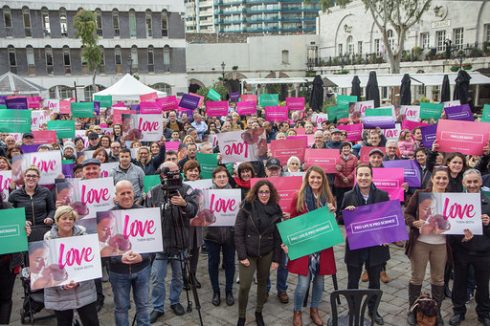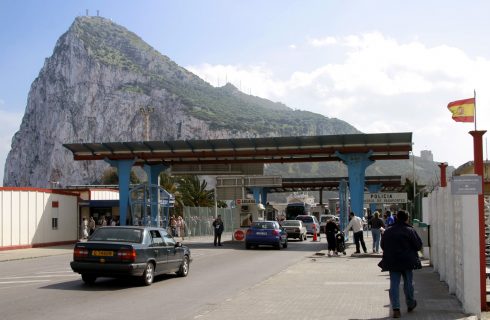WITH the abortion referendum now to be held on June 24, The Olive Press decided to review the main points of view in this national debate.
The poll will seek to find out the opinion of the public on whether to pass abortion into law with immediate binding legality.
The facts
Abortion has been officially illegal since the 19th Century thanks to a law past during colonial times across all overseas territories.
At present there is a punishment of life imprisonment for anyone who has an abortion and anyone who assists them.
This draconian punishment is enshrined in law by the 2011 Crimes Act.
In 2018, popular support for a change in the law started to build, promoted by the Gibraltar’s Women’s Association.
The GSLP/Liberal government studied the proposal for some time before coming to the conclusion it would hold a referendum on the matter.
Firstly, the alliance passed legislation in Parliament to allow abortion in July 2019 by a majority of nine to seven.
It would give Gibraltarians similar rights to the UK with the abortion law passed in 1967.
Before that came into effect, however, a referendum would be held on March 19, 2019.
Campaign funding for both sides was limited to £50,000 each, which was provided out of public coffers.
A ‘Gibraltar for Yes’ was formed by Choice Gibraltar, Feminist Gibraltar, No More Shame and the Secular Humanist Society.
The law change was opposed by the Pro-Life Movement with rallies taking place across the Rock.
Chief Minister Fabian Picardo and his wife supported the change to the law, with polls indicating it would go ahead.
However, just a week before it was supposed to take place, the referendum was postponed because of the emerging COVID-19 pandemic.
With the pandemic now believed to be over and most of the population having been vaccinated, the new referendum will go ahead again.

The issues
Gibraltar’s mainly Catholic roots have historically swayed the population to take an anti-abortion perspective.
Although the pro-life group claims to be non-religious a number of religious figures feature in its ranks.
This situation came to a head when male religious leaders posed over the Holocaust memorial in Commonwealth Park.
The publicity stunt was condemned by Jewish leaders and public figures as making a mockery of the six million Jews who died in concentration camps in World War Two.
The truth is that women are already undertaking abortions across the border in Spain or by flying to the UK.
Gibraltar for Yes argue that abortion is a basic human right ratified by the UN and the EU.
It is legal in nearly every Western country in the world, including the UK.
They believe women must be afforded the right to decide what to do with their own bodies.
In many ways, this debate is about two definitions of women.
The first is that women are above all defined by motherhood and the traditional marital structures.
The second is that women are individuals who can exercise freedom over their own bodies and actions.
With International Women’s Day making that point around the world, which would you choose?
Click here to read more Gibraltar News from The Olive Press.








